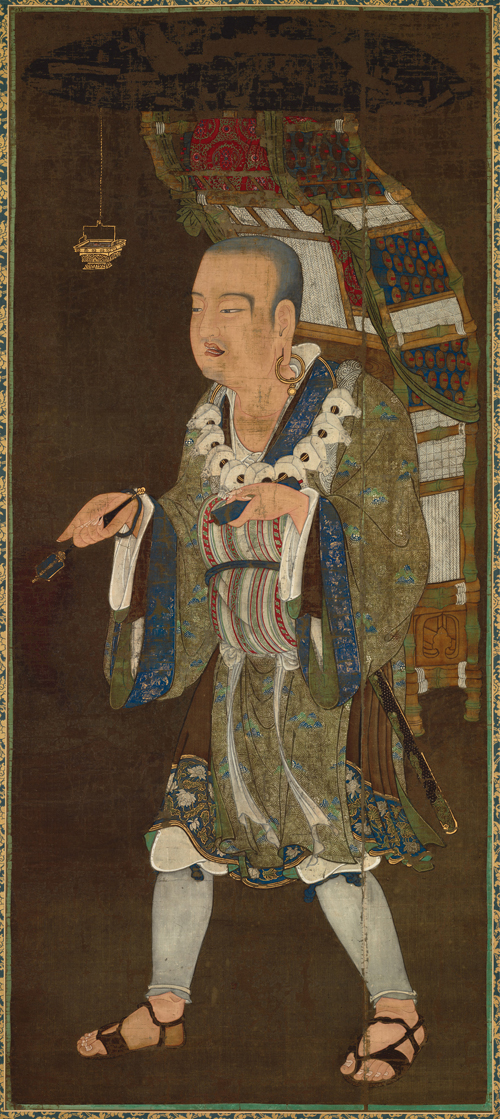
"In 632 AD, a Buddhist monk named Xuanzang journeys through the desert with a tiger, believing there is water ahead based on a perceived blue hue."
"Xuanzang's belief demonstrates a Gettier case, where justified true belief does not guarantee knowledge, highlighting limitations in traditional theories of knowledge."
"Edmund Gettier's critique of justified true belief reveals that there are instances where one can have a true and justified belief without qualifying as knowledge."
"The article suggests the need for an additional condition for knowledge to adequately address the shortcomings highlighted by Gettier's philosophical examples."
A Buddhist monk named Xuanzang journeys through the desert in 632 AD, believing he sees water based on a blue hue. This scenario exemplifies a Gettier case, created by Edmund Gettier, which critiques the justified true belief theory of knowledge. Although his belief is justified and true when water is discovered, it illustrates that such conditions alone do not ensure knowledge. The article proposes exploring additional conditions for knowledge that can address the limitations of the traditional theory, emphasizing the complexity of understanding what constitutes knowledge.
Read at Philosophynow
Unable to calculate read time
Collection
[
|
...
]